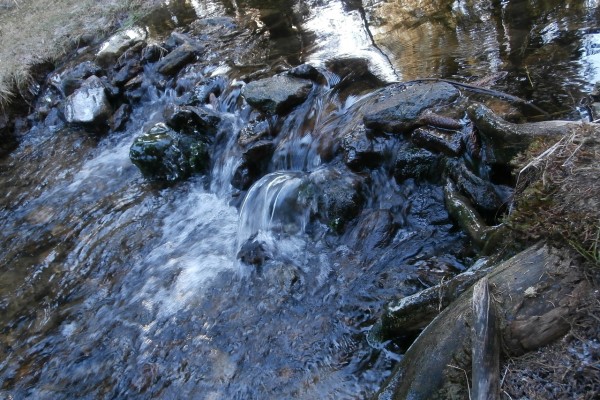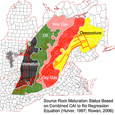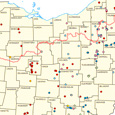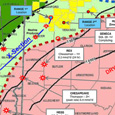Penn State scientists examine ground water to determine shale impact
Monday, November 26, 2018

In waters near Marcellus Shale gas wells in rural Pennsylvania, chemical clues can identify sources of methane contamination related to drilling, according to Penn State researchers.
The findings of the study will help distinguish the potential environmental impacts of shale drilling from pre-existing methane levels commonly found in Pennsylvania waterways.
Scientists also discovered that methane contamination may be more likely to occur when drilling takes place in certain geological settings.
Further study could provide maps of areas where drilling could be avoided or lead to better management practices that could reduce risks for methane migration, the researchers said.
Learn more: Industrial Water World > Penn State researchers examine ground, stream water for shale drilling impacts




